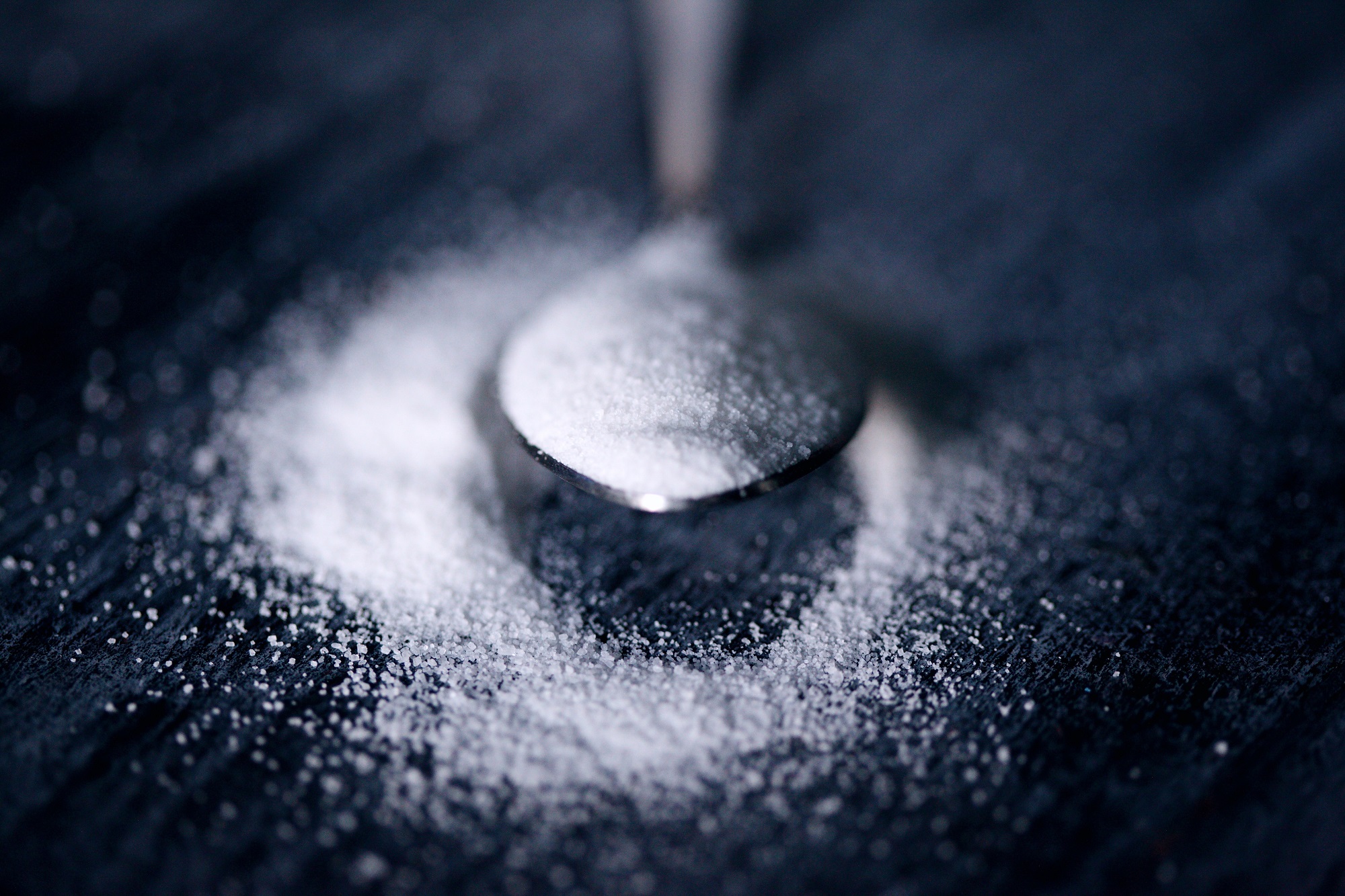Increasing one’s intake of sugary beverages, including fruit juice and diet drinks, may be associated with a higher risk for type 2 diabetes, according to researchers at Harvard T.H Chan School of Public Health.
The study, published in the journal Diabetes Care, examined the data of 192,000 participants of both genders as part of the Nurses’ Health Study, the Nurses’ Health Study II, and the Health Professionals’ Follow Up Study. Every four years, using food frequency questionnaires, researchers were able to calculate changes in beverage consumption.
According to the study: “We followed up 76,531 women in the Nurses’ Health Study (1986–2012), 81,597 women in the Nurses’ Health Study II (1991–2013), and 34,224 men in the Health Professionals’ Follow-up Study (1986–2012).”
“Multivariable Cox proportional regression models were used to calculate hazard ratios for diabetes associated with changes in beverage consumption. Results of the three cohorts were pooled using an inverse variance–weighted, fixed-effect meta-analysis.”
After adjustment for factors such as body mass index, diet and lifestyle changes, the findings indicated that increased intake of sugary beverages — even if it contains naturally occurring sugar — by over 4 ounces per day over a span of four years, was linked to a 16 percent higher risk for type 2 diabetes.
Moreover, the also findings determined that replacing sugary beverages with water, tea, or coffee was shown to decrease the risk of diabetes by up to 10 percent.
“The study provides further evidence demonstrating the health benefits associated with decreasing sugary beverage consumption and replacing these drinks with healthier alternatives like water, coffee, or tea,” the findings conclude.


